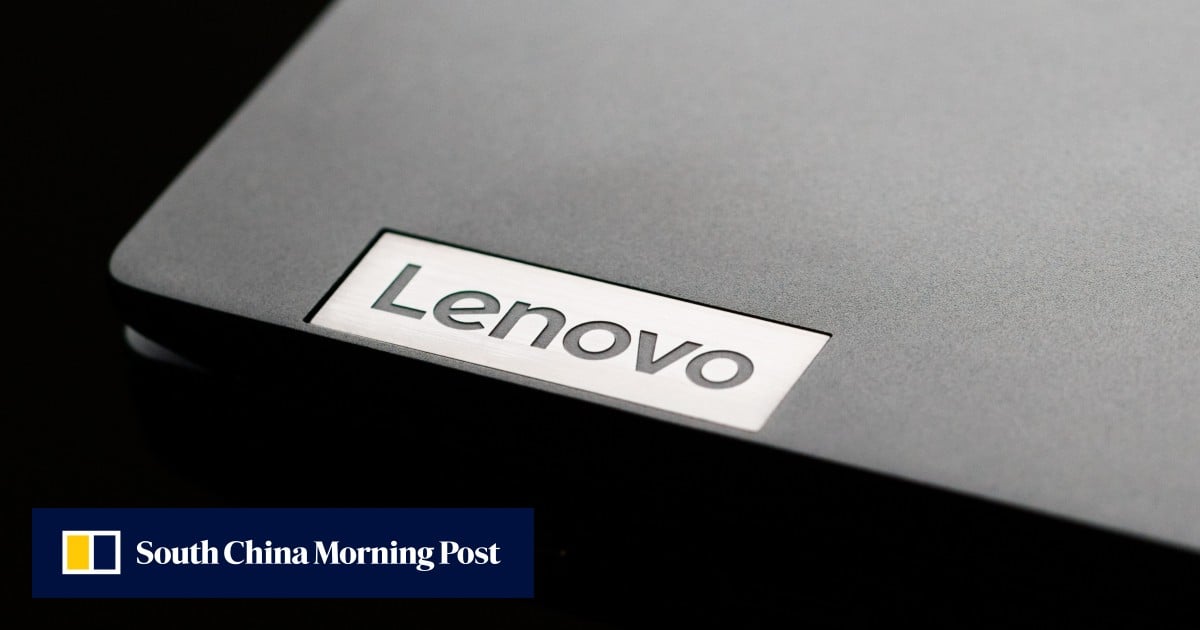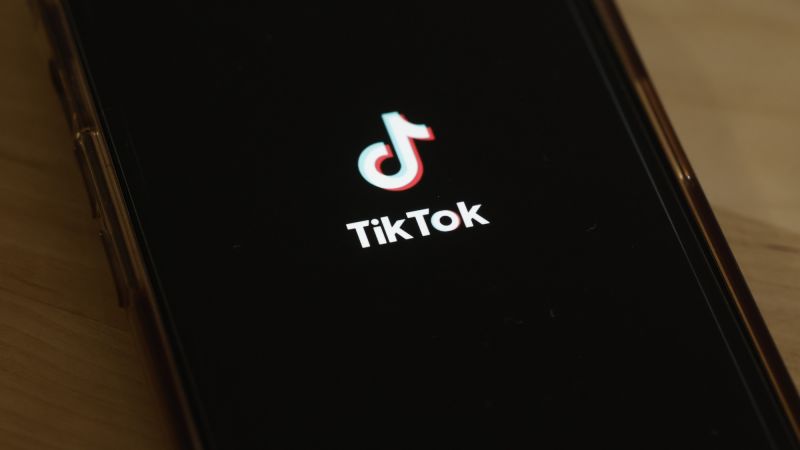Following an incredible year in 2020, high-flying tech stocks are trading down to begin 2021. The culprit is rising interest rates. This circumstance, however, has little bearing on the enterprises’ actual growth potential. The latest sell-off presents an opportunity for investors looking for long-term gains. During the recent slump, three Fool.com contributors bought PayPal Holdings (NASDAQ:PYPL), Lemonade (NYSE:LMND), and TS Innovation Acquisitions (NASDAQ:TSIA). This is why. For the wrong reasons, love has been lost for the future of financial services.
PayPal Holdings’ Nicholas Rossolillo: Last year, PayPal had a fantastic year. In 2020, the firm saw a 22 percent gain in sales and a 48 percent increase in free cash flow thanks to surging e-commerce and fast use of its mobile money movement app, Venmo, among consumers and merchants alike. To give you an idea of how big this fintech ecosystem has become, last year’s total payment volume processed on a PayPal service was approximately $1 trillion.
However, PayPal’s growth story is far from over. This year, the company expects payment volume to rise by around 20%. It’s also betting big on new types of digital payments, blockchain technology, and cryptocurrency trading, most recently announcing the acquisition of Curv, a cryptocurrency infrastructure startup. Despite all of this enthusiasm, PayPal got caught up in the tech stock sell-off, plummeting nearly 30% from all-time highs at one point. The announcement that funds run by notable institutional investor Cathie Wood had sold some shares added to the misery (perhaps due to short-term client liquidation of funds, or perhaps just to rebalance after PayPal stock more than doubled in value since the beginning of 2020).
In any case, I was thankful for the quick descent. PayPal is quickly becoming a go-to app for a new generation of people looking for modern banking services. It’s a digital payments startup that offers short-term financing solutions as well as debit and credit cards linked to its digital wallets. Businesses, meanwhile, are embracing PayPal like never before, adding it as a payment option and even incorporating it into in-person payments via touchless smartphone transactions.
The sky is the limit for PayPal, and despite the fact that it’s currently trading at a hefty 58 times trailing-12-month free cash flow, it appears to be a long-term value if its rapid rate of expansion continues as it expects. So, in the midst of the pullback, I went shopping and plan to buy more in the coming month.
Getty Images is the source of this image.
Lemonade is a refreshing drink.
Anders Bylund (Lemonade): Lemonade, an insurance technology company, caught my eye a few months ago. I couldn’t help myself when the stock took a dive at the end of February. It was time to diversify my portfolio with this game-changing growth stock.
Lemonade is using artificial intelligence and sophisticated data analysis to disrupt the insurance market. Traditional insurance policies often necessitate the assistance of highly trained individuals in a variety of ways, from risk analysis during the signup process through claim administration and payout changes. With Lemonade, all of these stages are fully automated, resulting in a pleasant policy-starting experience and cheaper operating costs. Annual earnings are capped at 20% of incoming policy premiums, and the corporation passes the savings on to its clients in the form of decreased insurance premiums. The remainder is donated to charity, with Lemonade’s consumers having a voice in which non-profits receive the funds.
That’s a game-changing business model. I wouldn’t be shocked if other insurance firms are obliged to imitate several important elements of Lemonade’s revolutionary strategy, which provides the company a market-leading first-mover advantage. The insurance industry in the United States is worth a trillion dollars every year, therefore I don’t see why Lemonade would confine its ambitions to North America. With trailing revenues of just $94 million, the company has hardly touched the surface of this massive possibility.
I’m looking forward to Lemonade gaining a larger share of the domestic insurance market, one state at a time, and across a widening range of insurance options. The company is likewise in the metaphorical bargain bin on Wall Street, trading over 50% below its 52-week highs in January. I don’t usually get enthused about insurance companies, but Lemonade’s stock has me salivating right now.
This early-stage SaaS has piqued my interest — and Billy Duberstein (TS Innovation Acquisitions) of Chamath Palihabitiya: TS Innovation Acquisitions is a new SPAC that announced but has not yet completed its merger with Latch, a property technology business. Latch’s prospective profits, like those of most new IPOs and SPACs, are a long way off. In fact, this year’s revenue is only expected to be $18 million. As a result, these types of early stage stocks have dropped in this period of rising long-term interest rates and inflation fears. TSIA has dropped roughly 35% from its recent highs, therefore I increased my position.
What is the purpose of Latch? It’s difficult to evaluate relatively young growth stocks solely on their current prices. Instead, I focus on a few key factors: the business strategy and possible competitive edge, the management team, and the entire market addressable.
On all three counts, Latch stands out. Latch’s product suite mixes software and hardware, with the goal of becoming the “operating system” for modern residential apartment complexes, according to its business model and strategy. Latch charges a recurring subscription for its software-as-a-service solutions, as well as one-time hardware purchases, because its clients are landlords who charge monthly rent. Most customers sign a statement of intent two years before the building is finished, and software contracts typically last six years, with the majority of customers paying everything up front. Because of this visibility, management is sure that revenue will increase by 50 percent to $877 million by 2025.
Latch’s leadership and SPAC sponsors are also noteworthy. Luke Schoenfelder, the company’s founder and CEO, previously worked at Apple and founded businesses. In this recent conversation with my colleague Matthew Frankel, he also dazzled. The faith of Latch’s SPAC sponsors is likewise reassuring. Tishman Speyer is a world-class global real estate developer and a satisfied Latch customer, providing Latch with credibility and global access it wouldn’t otherwise have as a stand-alone startup. A vast list of reputable investment firms invested in the SPAC’s PIPE section (private investment in public stock), including Chamath Palihapitiya, who dubbed Latch the best SaaS startup he’d ever seen.
Finally, Latch has a vast potential market, with 32 million apartment units and 15 million single-family house rental units in the United States, as well as 93 million apartment units in Europe. This may translate to a $54 billion market in the United States and a $90 billion industry in Europe. Latch’s goal, according to Schoenfelder, is to grow into other types of structures, such as commercial real estate, and to increase the amount of items it sells over time.
Overall, Latch ticks all of the boxes I seek for in a risky, early-stage growing firm, so I was pleased to add some shares during the recent tech sell-off.
This post is the author’s own view, which may differ from a Motley Fool premium advice service’s “official” recommendation position. We’re a mishmash! Questioning an investing theory, even our own, encourages us to think critically about investing and make decisions that will make us smarter, happier, and wealthier.
Continue reading




